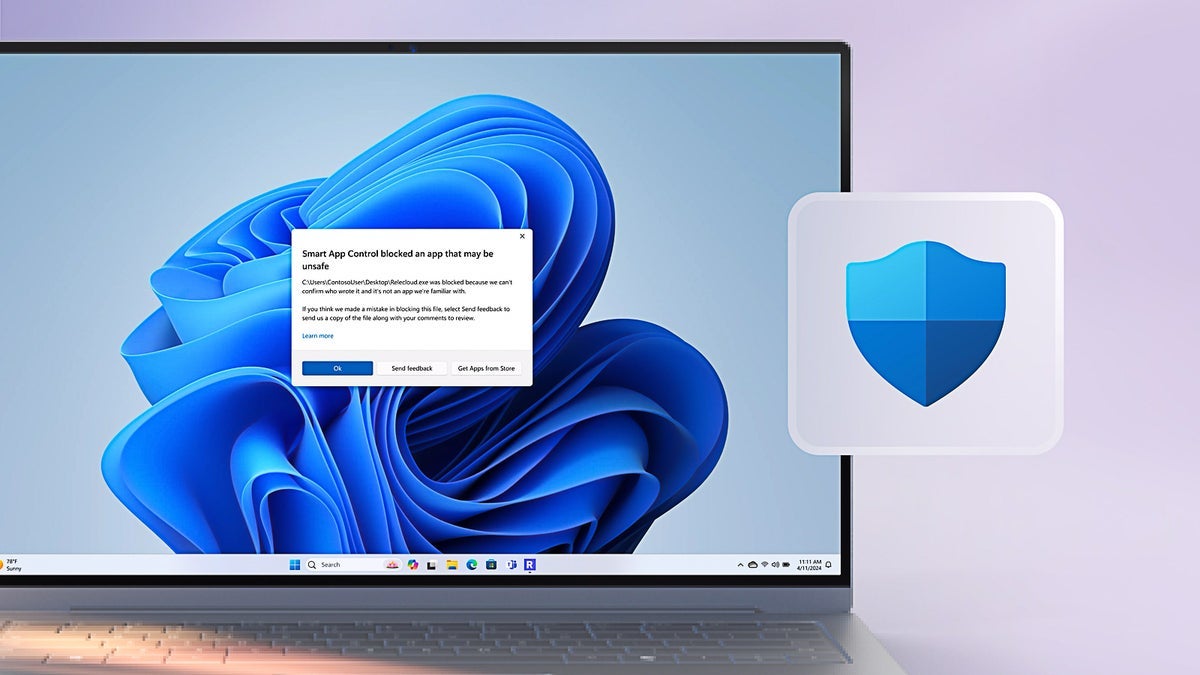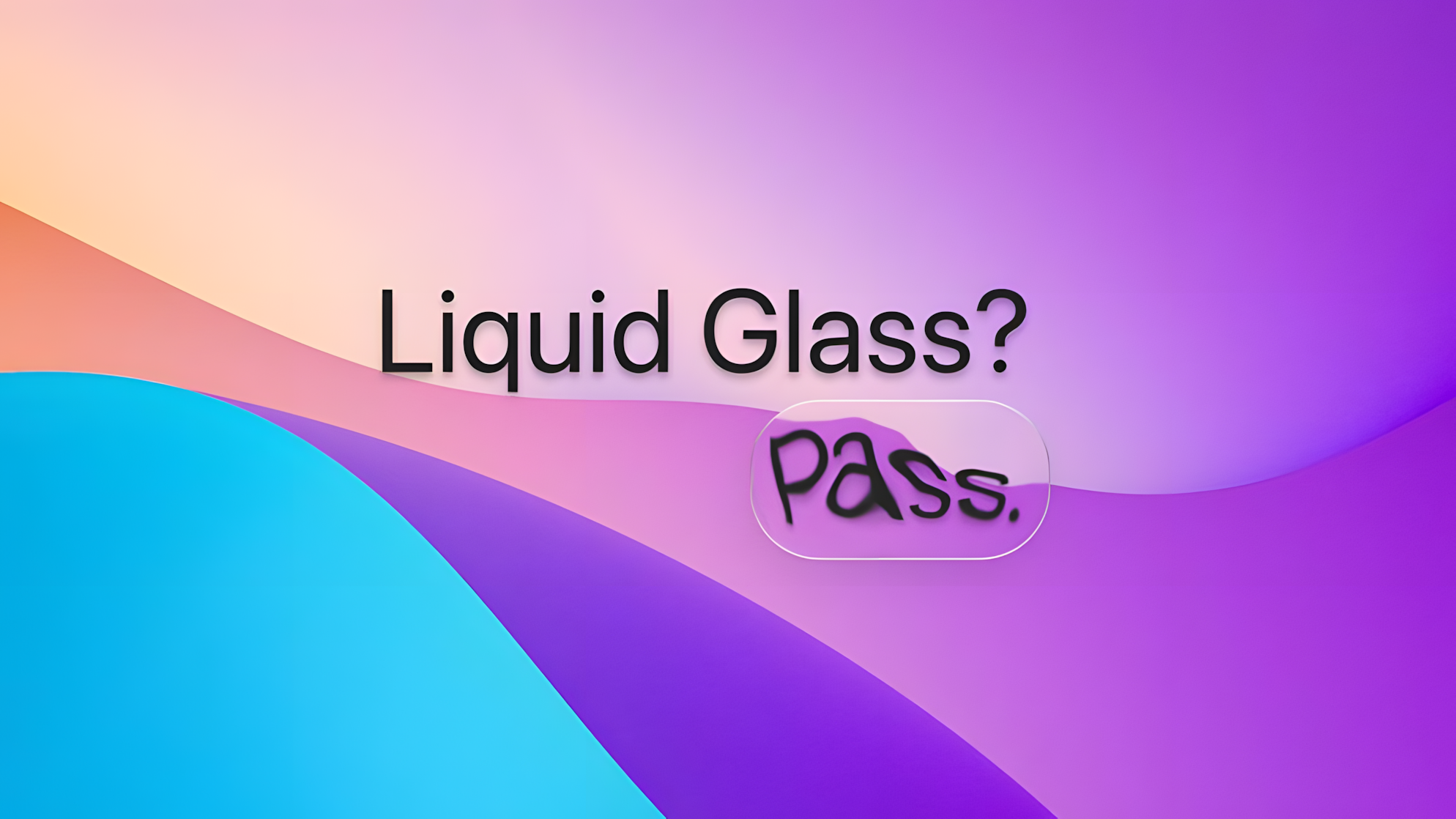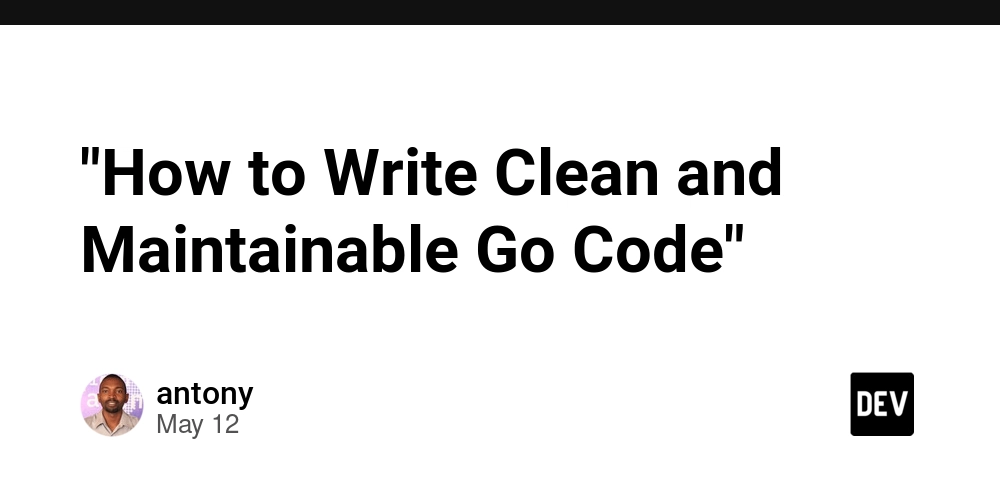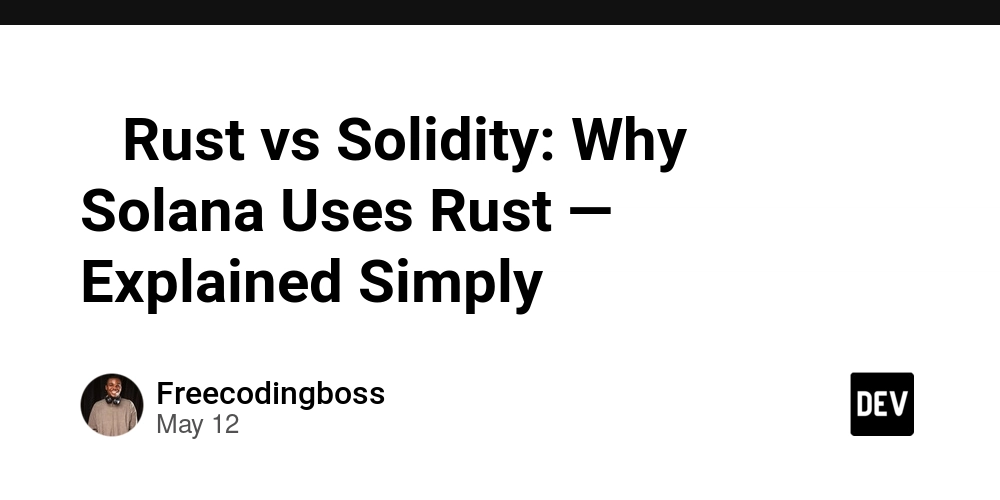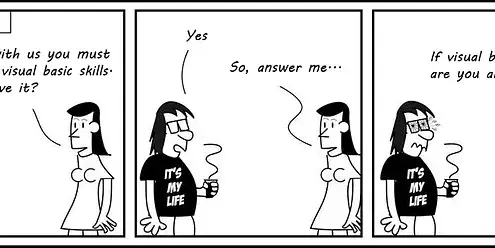Where to Learn SQL for Free: Best Platforms and Resources
In today's data-driven job market, SQL (Structured Query Language) has become an essential skill across numerous industries. Whether you're a beginner looking to break into tech or a professional aiming to add another tool to your arsenal, learning SQL can open doors to exciting career opportunities. The good news? You don't need to spend a fortune to master this valuable skill. Here's a comprehensive guide to the best free resources for learning SQL in 2025. Why Learn SQL? Before diving into the resources, let's quickly highlight why SQL matters. Data analysis jobs consistently rank among the fastest-growing careers, and SQL knowledge commands higher salaries across various roles. Nearly every industry now relies on database management, and the basics are surprisingly easy to grasp (though mastery takes practice, of course). A recent Stack Overflow survey found that SQL remains among the top 5 most popular programming languages year after year. No wonder so many people are eager to learn it! Interactive Learning Platforms Khan Academy Khan Academy offers a fantastic introduction to SQL through their "Intro to SQL: Querying and Managing Data" course. Their step-by-step approach includes video explanations with crystal-clear examples and practice challenges after each concept. The platform uses a project-based approach to reinforce learning in a self-paced structure with no deadlines. The course focuses on practical applications, teaching you to build and query databases that solve real-world problems. Mimo SQL Course Mimo's SQL course stands out in the crowded field of coding education. With bite-sized lessons you can complete during a coffee break, Mimo makes SQL learning fit into even the busiest schedules. What makes Mimo special is its mobile-first approach perfect for learning on the go. The platform includes gamification elements that make practice feel like play, plus a clear progression path from basics to advanced concepts. You'll receive immediate feedback on your code and can connect with fellow learners through community features. The course breaks down complex database concepts into digestible chunks, making SQL approachable even for complete beginners. Their interactive exercises let you write actual queries from day one, building muscle memory as you learn. Codecademy Codecademy's "Learn SQL" course remains a popular choice among beginners. Their platform offers interactive lessons with immediate feedback and projects that mimic real-world database scenarios. You'll find a supportive community forum for questions and can earn badges and achievements to track your progress. While their premium features require payment, the free tier provides enough content to build a solid SQL foundation. SQLZoo For those who prefer to jump straight into practice, SQLZoo offers an excellent hands-on approach. This no-frills platform focuses on practical exercises rather than lengthy explanations. SQLZoo features progressive difficulty levels from beginner to advanced and various database contexts to practice with. You'll find helpful reference guides alongside exercises and assessment sections to test your knowledge as you progress. Comprehensive Online Courses freeCodeCamp freeCodeCamp's "Relational Database Certification" goes beyond basic SQL to cover the broader context of database management. Their curriculum includes extensive SQL practice problems and database design principles. You'll also learn command line basics, Git version control, and build a complete database project from scratch. The certification takes longer to complete than some other resources, but the depth of knowledge you'll gain is worth the investment of time. edX Courses Several universities offer free SQL courses through edX. Standouts include: "Introduction to Databases" by Stanford "Data Science: SQL for Data Science" by UC Davis "Databases: Relational Databases and SQL" by MIT While certificates come with a fee, you can audit these courses completely free of charge. They offer college-level instruction from leading computer science departments. Documentation and Reference Sites W3Schools SQL Tutorial When you need a quick reference or explanation, W3Schools' SQL Tutorial remains unbeatable. Their SQL section features simple examples for every concept and an online SQL editor to test code. You'll find comprehensive function lists and clear explanations of syntax throughout the site. It's less of a structured course and more of a handy reference guide you'll likely return to again and again. PostgreSQL Documentation For those specifically interested in PostgreSQL (one of the most popular database systems), the official PostgreSQL documentation is surprisingly readable and thorough. It covers complete SQL syntax specific to PostgreSQL and advanced features and optimizations. You'll
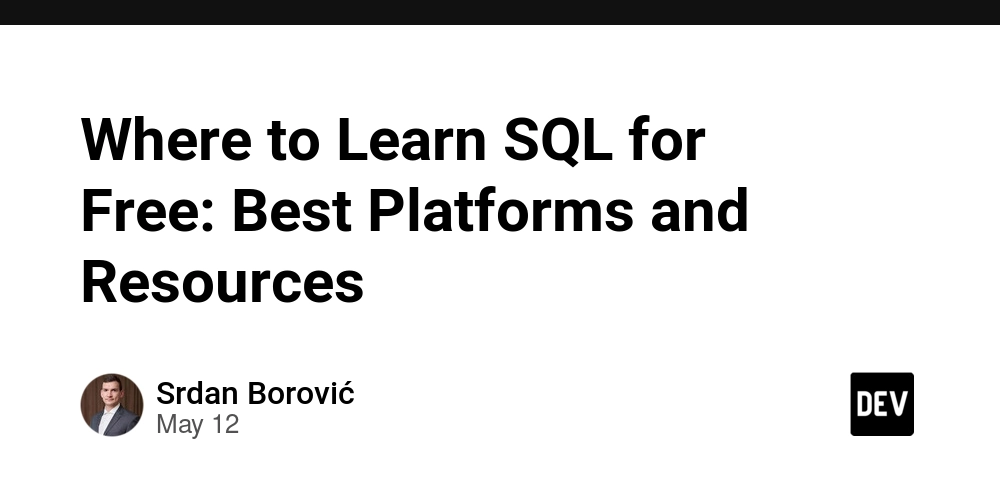
In today's data-driven job market, SQL (Structured Query Language) has become an essential skill across numerous industries. Whether you're a beginner looking to break into tech or a professional aiming to add another tool to your arsenal, learning SQL can open doors to exciting career opportunities.
The good news? You don't need to spend a fortune to master this valuable skill. Here's a comprehensive guide to the best free resources for learning SQL in 2025.
Why Learn SQL?
Before diving into the resources, let's quickly highlight why SQL matters. Data analysis jobs consistently rank among the fastest-growing careers, and SQL knowledge commands higher salaries across various roles. Nearly every industry now relies on database management, and the basics are surprisingly easy to grasp (though mastery takes practice, of course).
A recent Stack Overflow survey found that SQL remains among the top 5 most popular programming languages year after year. No wonder so many people are eager to learn it!
Interactive Learning Platforms
Khan Academy
Khan Academy offers a fantastic introduction to SQL through their "Intro to SQL: Querying and Managing Data" course. Their step-by-step approach includes video explanations with crystal-clear examples and practice challenges after each concept. The platform uses a project-based approach to reinforce learning in a self-paced structure with no deadlines.
The course focuses on practical applications, teaching you to build and query databases that solve real-world problems.
Mimo SQL Course
Mimo's SQL course stands out in the crowded field of coding education. With bite-sized lessons you can complete during a coffee break, Mimo makes SQL learning fit into even the busiest schedules.
What makes Mimo special is its mobile-first approach perfect for learning on the go. The platform includes gamification elements that make practice feel like play, plus a clear progression path from basics to advanced concepts. You'll receive immediate feedback on your code and can connect with fellow learners through community features.
The course breaks down complex database concepts into digestible chunks, making SQL approachable even for complete beginners. Their interactive exercises let you write actual queries from day one, building muscle memory as you learn.
Codecademy
Codecademy's "Learn SQL" course remains a popular choice among beginners. Their platform offers interactive lessons with immediate feedback and projects that mimic real-world database scenarios. You'll find a supportive community forum for questions and can earn badges and achievements to track your progress.
While their premium features require payment, the free tier provides enough content to build a solid SQL foundation.
SQLZoo
For those who prefer to jump straight into practice, SQLZoo offers an excellent hands-on approach. This no-frills platform focuses on practical exercises rather than lengthy explanations.
SQLZoo features progressive difficulty levels from beginner to advanced and various database contexts to practice with. You'll find helpful reference guides alongside exercises and assessment sections to test your knowledge as you progress.
Comprehensive Online Courses
freeCodeCamp
freeCodeCamp's "Relational Database Certification" goes beyond basic SQL to cover the broader context of database management. Their curriculum includes extensive SQL practice problems and database design principles. You'll also learn command line basics, Git version control, and build a complete database project from scratch.
The certification takes longer to complete than some other resources, but the depth of knowledge you'll gain is worth the investment of time.
edX Courses
Several universities offer free SQL courses through edX. Standouts include:
- "Introduction to Databases" by Stanford
- "Data Science: SQL for Data Science" by UC Davis
- "Databases: Relational Databases and SQL" by MIT
While certificates come with a fee, you can audit these courses completely free of charge. They offer college-level instruction from leading computer science departments.
Documentation and Reference Sites
W3Schools SQL Tutorial
When you need a quick reference or explanation, W3Schools' SQL Tutorial remains unbeatable. Their SQL section features simple examples for every concept and an online SQL editor to test code. You'll find comprehensive function lists and clear explanations of syntax throughout the site.
It's less of a structured course and more of a handy reference guide you'll likely return to again and again.
PostgreSQL Documentation
For those specifically interested in PostgreSQL (one of the most popular database systems), the official PostgreSQL documentation is surprisingly readable and thorough. It covers complete SQL syntax specific to PostgreSQL and advanced features and optimizations. You'll find real-world examples and best practices for database management throughout.
While it may seem intimidating at first, it's an invaluable resource as you progress in your SQL journey.
Practice Platforms
SQLBolt
SQLBolt focuses exclusively on giving you hands-on practice with increasingly complex queries. The platform starts with simple SELECT statements and progressively moves to complex joins and subqueries. You'll get immediate visual feedback while the site explains concepts briefly before each practice section.
Many learners find that alternating between tutorial-based learning and pure practice platforms like SQLBolt accelerates their progress.
HackerRank
Once you've grasped the basics, HackerRank's SQL challenges can help sharpen your skills. They offer competitive coding challenges based on real-world problem scenarios with difficulty ratings to track your progress. A leaderboard lets you compare your solutions with others.
Many employers look favorably on HackerRank profiles, so your practice here could potentially help with job hunting later.
Community Resources
Stack Overflow
While not a learning platform per se, Stack Overflow remains an essential resource for SQL learners. When you're stuck on a problem, search existing questions (most common issues have already been solved) or ask new questions with clear examples. You can learn from others' code and explanations while saving helpful answers for future reference.
The SQL tag on Stack Overflow is incredibly active, meaning you'll rarely wait long for help.
Reddit Communities
Subreddits like r/SQL, r/learnprogramming, and r/dataanalysis offer supportive communities where you can get personalized learning recommendations and share your progress and challenges. Many users find study partners and discover new resources through these forums.
These communities often share insider tips and up-to-date resources that might not appear in standard recommendations.
Creating Your Learning Path
With so many free resources available, the challenge isn't finding learning materials, it's organizing them into an effective path. Here's a suggested approach:
Start with an interactive platform like Mimo or Khan Academy to grasp fundamentals. As you learn new concepts, supplement with practice on SQLBolt. Next, take on a structured project through freeCodeCamp or Codecademy. Join a community to ask questions and stay motivated, and use reference sites when you get stuck.
The key is consistency. Even 15 minutes of daily practice will yield better results than occasional marathon sessions.
Final Thoughts
Learning SQL doesn't have to break the bank. With these free resources, you can build professional-level database skills without spending a dime. The most valuable investment will be your time and dedication.
Remember that SQL is best learned by doing. Don't just read about concepts, practice writing queries, build sample databases, and solve real problems. Before long, you'll be speaking the language of data with confidence.












































































































































































![[The AI Show Episode 156]: AI Answers - Data Privacy, AI Roadmaps, Regulated Industries, Selling AI to the C-Suite & Change Management](https://www.marketingaiinstitute.com/hubfs/ep%20156%20cover.png)
![[The AI Show Episode 155]: The New Jobs AI Will Create, Amazon CEO: AI Will Cut Jobs, Your Brain on ChatGPT, Possible OpenAI-Microsoft Breakup & Veo 3 IP Issues](https://www.marketingaiinstitute.com/hubfs/ep%20155%20cover.png)

























































































































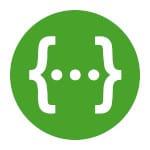





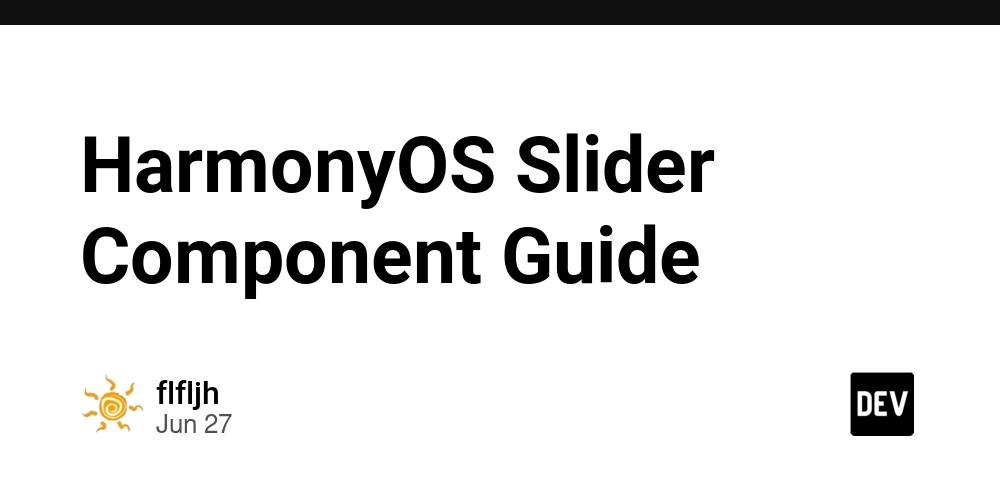






















































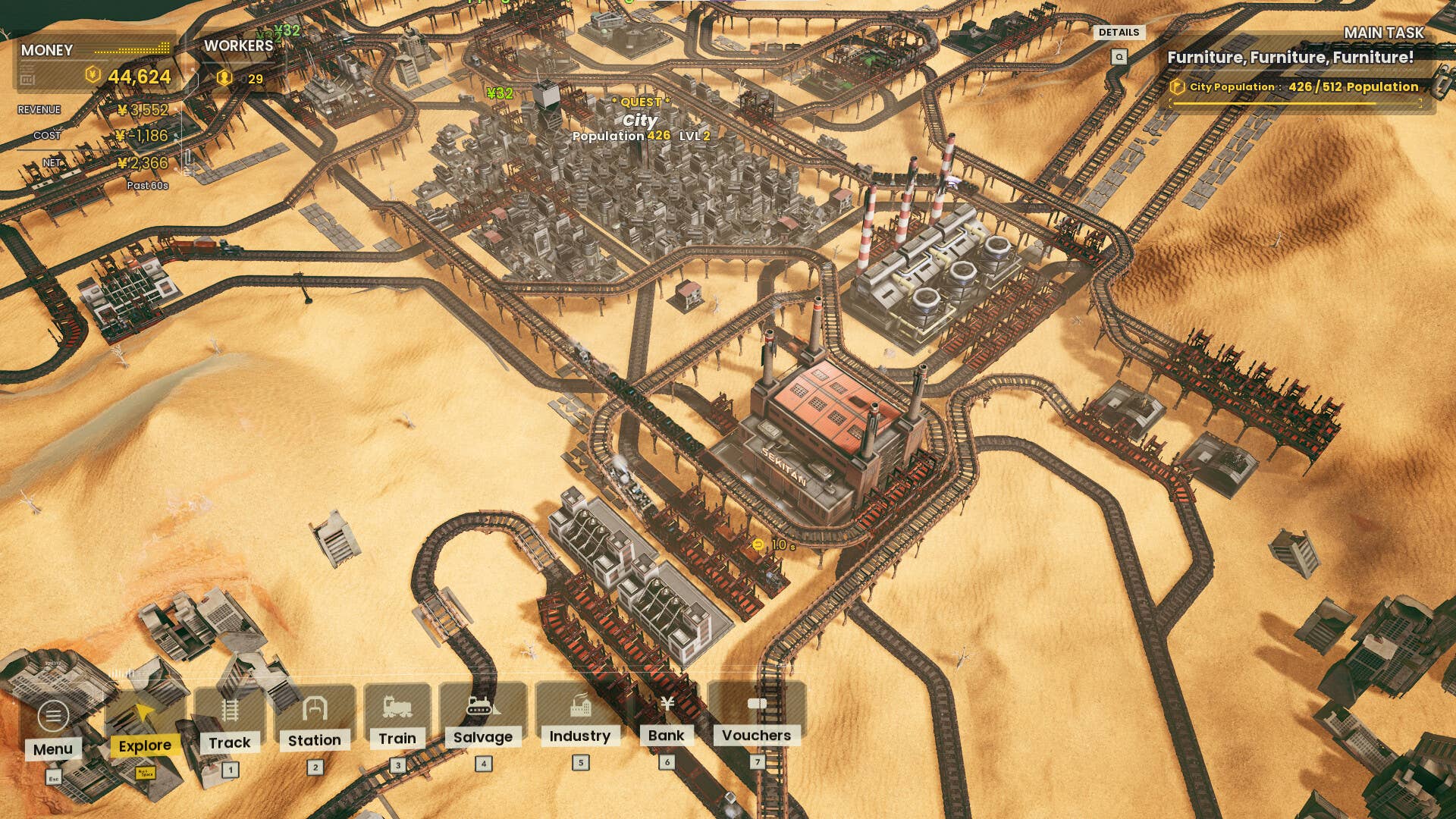

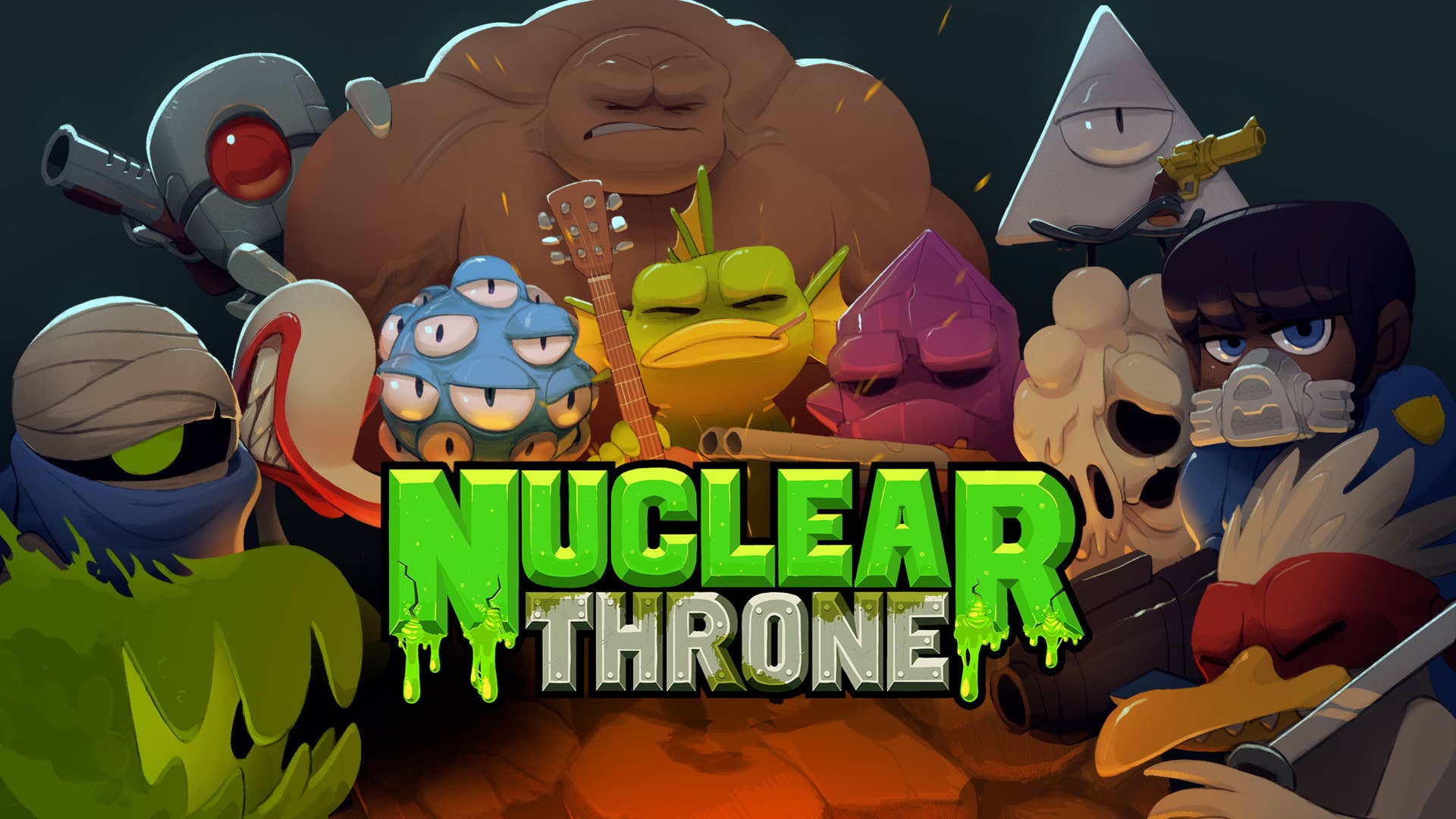










































































_incamerastock_Alamy.jpg?width=1280&auto=webp&quality=80&disable=upscale#)
_Brain_light_Alamy.jpg?width=1280&auto=webp&quality=80&disable=upscale#)






















































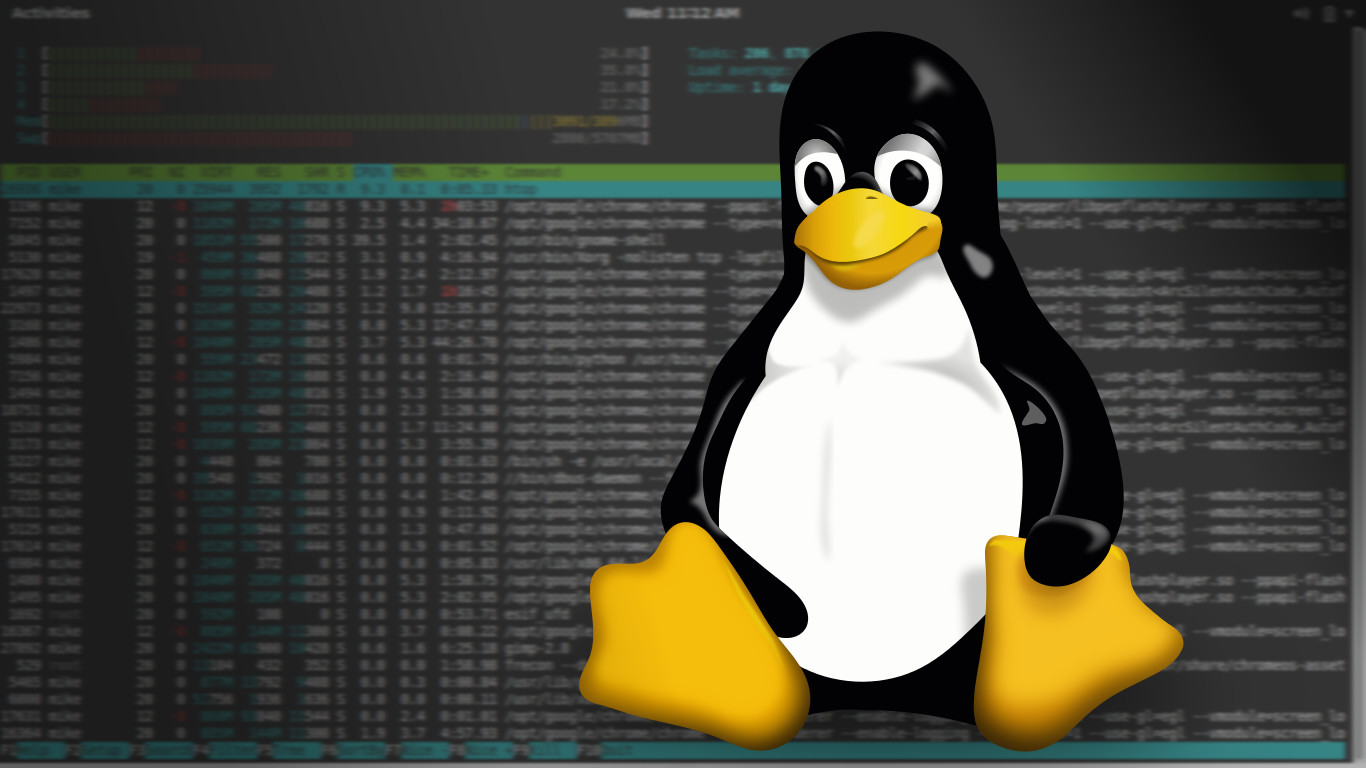


























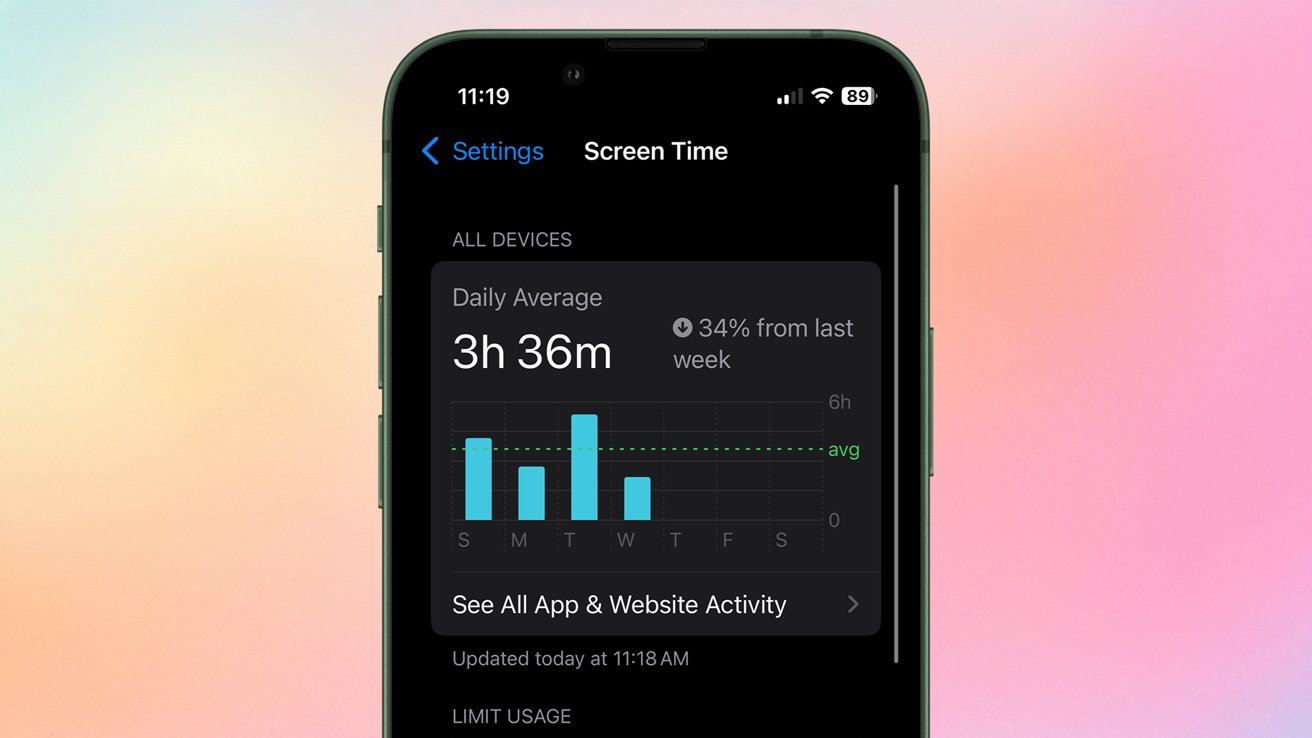






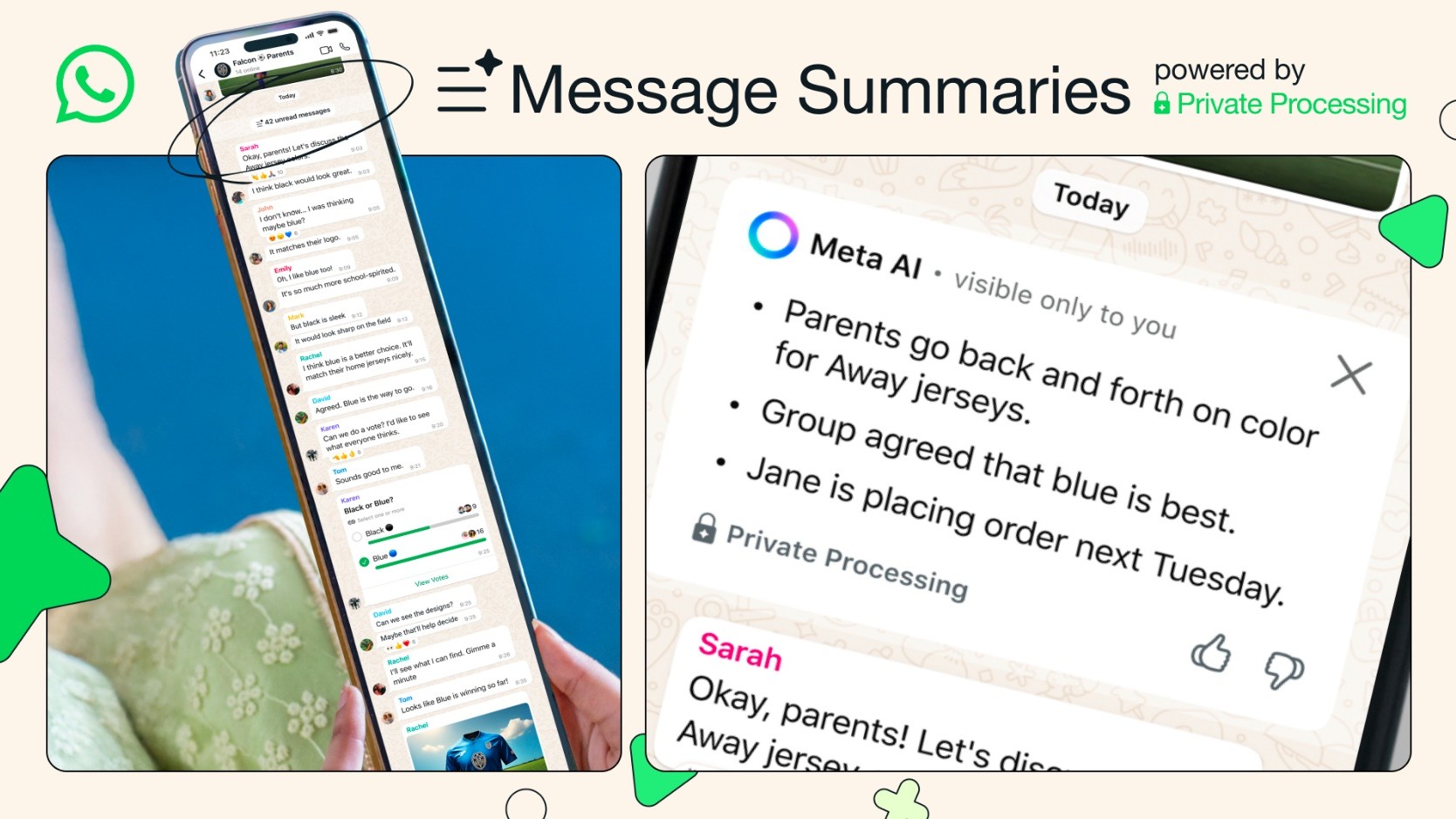




![Senators reintroduce App Store bill to rein in ‘gatekeeper power in the app economy’ [U]](https://i0.wp.com/9to5mac.com/wp-content/uploads/sites/6/2025/06/app-store-senate.jpg?resize=1200%2C628&quality=82&strip=all&ssl=1)




































































